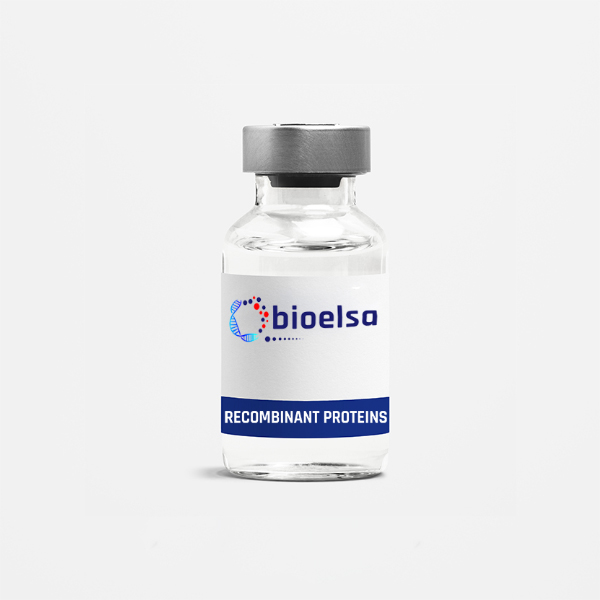| Gene ID |
2255 |
| Accession | O15520 |
| Alternative Name | FGF-10, FGFA, Keratinocyte growth factor-2<br/>Recombinant Human Fibroblast Growth Factor 10 (FGF10) |
| Species | Human |
| Source | E. coli |
| Description | FGF-10 is involved in the initial budding as well as the continuous outgrowth of vertebrate limbs. FGF-10 mRNA is expressed preferentially in neurons but not in glial cells and may have a distinct role in the brain. Human FGF-10 is mitogenic for fetal rat keratinizing epidermal cells but not for NIH 3T3 cells. Recombinant FGF-10 induces the proliferation of human urothelial cells in vitro and induces the proliferation of transitional epithelium. FGF-10 is secreted by cultured mouse pre- adipocytes, prevention of FGF-10 signaling inhibits subsequent differentiation. The ability of embryonic fibroblasts derived from FGF-10 knock-out mice to differentiate into adipocytes is also impaired. |
| Accession | O15520 |
| Functions | The bioactivity was determined in a NIH/3T3 cell proliferation assay. The ED50 was in the range of 0.05 - 0.5 ng/ml. |
| Formulation | Lyophilized from 0.2 ?m filtered solution in PBS (pH 7.0) and 1mM DTT |
| Solubility | N/A |
| Appearance | Lyophilized Powder |
| Molecular Weight | 19 |
| Purity | >95% as determined by SDS-PAGE |
| Concentration | < 1.0 EU/μg of recombinant protein as determined by the LAL method. |
| Shipping Condition | Ambient Temperature |
| Storage Condition | The lyophilized protein is stable for at least one year from date of receipt at -70?C. Upon reconstitution, this cytokine can be stored in working aliquots at 2? - 8?C for one month, or at -20?C for six months, with a carrier protein without detectable loss of activity.
Avoid repeated freeze/thaw cycles. |
